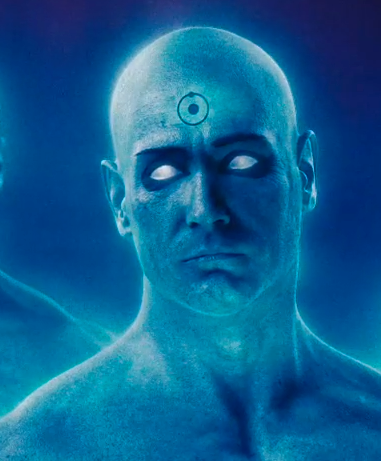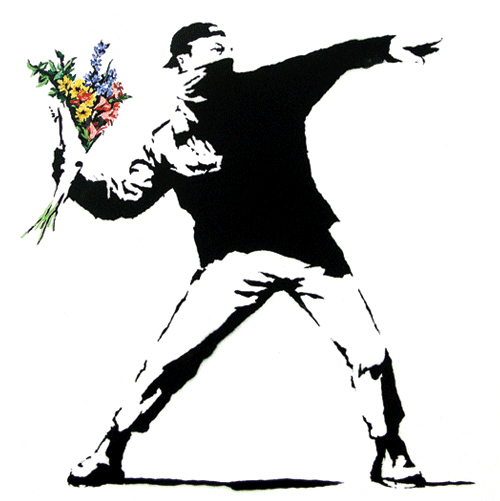Recommended Posts
crwtom 0
Quote
A really great climbing read is Blind Corners......great book!
Another good Mt Everest nailbiter is In to Thin Air
T
*******************************************************************
Fear causes hesitation, and hesitation will cause your worst fears to come true
Fear causes hesitation, and hesitation will cause your worst fears to come true
crwtom 0
QuoteHow many of us will follow a reserve down, whether or not we know who the person is ?
i guess only freefallers would go around asking questions like that
CReWTom
.
*******************************************************************
Fear causes hesitation, and hesitation will cause your worst fears to come true
Fear causes hesitation, and hesitation will cause your worst fears to come true
reverend 0
"Now as for help - if the problem for the guy was the oxygen system, someone going up certainly could help him out, with a likely cost of having to turn back. "
http://ca.news.yahoo.com/cbc/s/27052006/3/canada-200-metres-everest-summit-canadian-halts-climb-rescue-man.html
Looks like you're right.
http://ca.news.yahoo.com/cbc/s/27052006/3/canada-200-metres-everest-summit-canadian-halts-climb-rescue-man.html
Looks like you're right.
Jasmin 0
The discussions defending this behaviour talk about the 40 climbers going past not having enough supplies to stay or to help...I have serious issues believing this: the climbers who didn't have enough oxygen and supplies to stay and help him still had enough oxygen and supplies to summit???!!!
![[:/] [:/]](/uploads/emoticons/dry.png)
I think the bit people take offence at, is not that they did not risk their own lives for David Sharp, but that they continued on to the summit and back without rendering assisstance or at least comforting a dying man.
Am I missing something???!

edited to add:
As for the mid-freefall comment; I have known a number of instructors to chase students who were out of control and have friends who chased after a ff-er who had a mid-air collision. I have also seen a camera-man chase his teammate down to just under 2000ft after she became unconcious.
That's without even touching on emergency personnel and everday heroes who step up to the plate.
The world is becoming an increasingly selfish place, but it is nice to know that there are still people out there who will at least try to help others.
I think the bit people take offence at, is not that they did not risk their own lives for David Sharp, but that they continued on to the summit and back without rendering assisstance or at least comforting a dying man.
Am I missing something???!
edited to add:
As for the mid-freefall comment; I have known a number of instructors to chase students who were out of control and have friends who chased after a ff-er who had a mid-air collision. I have also seen a camera-man chase his teammate down to just under 2000ft after she became unconcious.
That's without even touching on emergency personnel and everday heroes who step up to the plate.
The world is becoming an increasingly selfish place, but it is nice to know that there are still people out there who will at least try to help others.
xj
"I wouldn't recommend picking a fight with the earth...but then I wouldn't recommend picking a fight with a car either, and that's having tried both."
"I wouldn't recommend picking a fight with the earth...but then I wouldn't recommend picking a fight with a car either, and that's having tried both."
Jasmin 0
Miranda Devine (www.smh.com.au)sums it up quite nicely:
But as we heard reports yesterday that a rescue team of 12 sherpas was climbing up to Lincoln Hall with a stretcher and more than 20 bottles of oxygen, you wonder why the same wasn't attempted for Sharp. At the very least, why didn't someone stay with Sharp and hold his hand while he died?
Inglis, who has probably been unfairly targeted because he was the most famous of the 40 climbers and the only one to speak at length, hasn't helped his case by trying to offload blame. "My sherpa sort of just pushed me on," he said in one interview. "I did everything that I possibly could, which was essentially nothing . . . I walked past David but only because there were far more experienced and effective people than myself to help him." Inglis also said it was his team leader at base camp who told him over the radio to push on: "Mate, you can't do anything." So he didn't even try.
In other extreme human endeavours, a failure to render assistance is regarded as grossly improper, if not manslaughter, as Richard Purcell, skipper of one of the boats in the disastrous 1998 Sydney to Hobart yacht race, discovered before he was exonerated in a court settlement. The opprobrium heaped on him for not stopping to help the dismasted Sword of Orion in impossibly wild weather, showed how seriously sailors take the fellowship of the sea. But it seems on Everest, any excuse will do.
Inglis probably isn't as despicable as selective quotes make him seem. But you do have to wonder how he can reconcile his own history with his pragmatic attitude towards Sharp.
After all, Inglis lost his legs to frostbite in 1982 when he was trapped in a snow cave for 14 days during a blizzard while climbing New Zealand's Mount Cook. Rescuers didn't leave him for dead then. In fact, they risked their lives to save him, with a New Zealand Air Force helicopter flipping over as it attempted to land four rescuers, who then had to be rescued. Another helicopter later lifted him out.
Perhaps it is too easy to be a Monday morning quarterback about a situation most of us will never face. But you don't need to have experienced life above 8500 metres to know the difference between right and wrong.
But as we heard reports yesterday that a rescue team of 12 sherpas was climbing up to Lincoln Hall with a stretcher and more than 20 bottles of oxygen, you wonder why the same wasn't attempted for Sharp. At the very least, why didn't someone stay with Sharp and hold his hand while he died?
Inglis, who has probably been unfairly targeted because he was the most famous of the 40 climbers and the only one to speak at length, hasn't helped his case by trying to offload blame. "My sherpa sort of just pushed me on," he said in one interview. "I did everything that I possibly could, which was essentially nothing . . . I walked past David but only because there were far more experienced and effective people than myself to help him." Inglis also said it was his team leader at base camp who told him over the radio to push on: "Mate, you can't do anything." So he didn't even try.
In other extreme human endeavours, a failure to render assistance is regarded as grossly improper, if not manslaughter, as Richard Purcell, skipper of one of the boats in the disastrous 1998 Sydney to Hobart yacht race, discovered before he was exonerated in a court settlement. The opprobrium heaped on him for not stopping to help the dismasted Sword of Orion in impossibly wild weather, showed how seriously sailors take the fellowship of the sea. But it seems on Everest, any excuse will do.
Inglis probably isn't as despicable as selective quotes make him seem. But you do have to wonder how he can reconcile his own history with his pragmatic attitude towards Sharp.
After all, Inglis lost his legs to frostbite in 1982 when he was trapped in a snow cave for 14 days during a blizzard while climbing New Zealand's Mount Cook. Rescuers didn't leave him for dead then. In fact, they risked their lives to save him, with a New Zealand Air Force helicopter flipping over as it attempted to land four rescuers, who then had to be rescued. Another helicopter later lifted him out.
Perhaps it is too easy to be a Monday morning quarterback about a situation most of us will never face. But you don't need to have experienced life above 8500 metres to know the difference between right and wrong.
xj
"I wouldn't recommend picking a fight with the earth...but then I wouldn't recommend picking a fight with a car either, and that's having tried both."
"I wouldn't recommend picking a fight with the earth...but then I wouldn't recommend picking a fight with a car either, and that's having tried both."



In May 1990, Tim started at Sea level at the Bay of Bengal and took 3 months to get to the top of the world....V
.
(.)Y(.)
Chivalry is not dead; it only sleeps for want of work to do. - Jerome K Jerome
Share this post
Link to post
Share on other sites